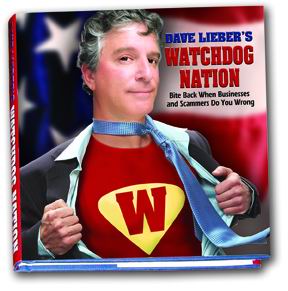If you’re keeping score at home, as I am, of tribulations of Texas companies involved in the life settlement business, another company has been knocked out of the game.
Life settlements are investments in which investors buy life insurance policies belonging to others and then pay premiums. When the person dies, the investor reaps the benefits.
The Justice Department announced in the fall of 2010 that Eric M. Kurz of The Woodlands pleaded guilty to conspiracy to commit mail fraud and money laundering.
Kurz created marketing materials that he knew were false for a Houston company, A&O, according to his guilty plea. A&O received $100 million from investors in 38 states and Canada based on its false marketing. Other principals in the company await trial.
In his materials, he bragged that the company had a national staff scattered in several offices, employed 150 people and produced a 16 percent rate of return for investors. Prosecutors say none of that was true.
The company had four employees. Court records state that “virtually none” of its investors made money.
Other principles in the company face legal troubles in an upcoming trial. Presumably, Kurz will be the star witness.
# # #
Read previous Watchdog Nation reports on the life settlement industry:
Life settlements are the wild west of the investment industry
Financial adviser warns clients about investigators
Fighting financial exploitation of the elderly
How to lose almost $50,000 through betting on someone else to die
# # #
Dave Lieber, The Watchdog columnist for The Fort Worth Star-Telegram, is the founder of Watchdog Nation. The new 2010 edition of his book, Dave Lieber’s Watchdog Nation: Bite Back When Businesses and Scammers Do You Wrong, is out. Revised and expanded, the book won two national book awards in 2009 for social change. Twitter @DaveLieber






